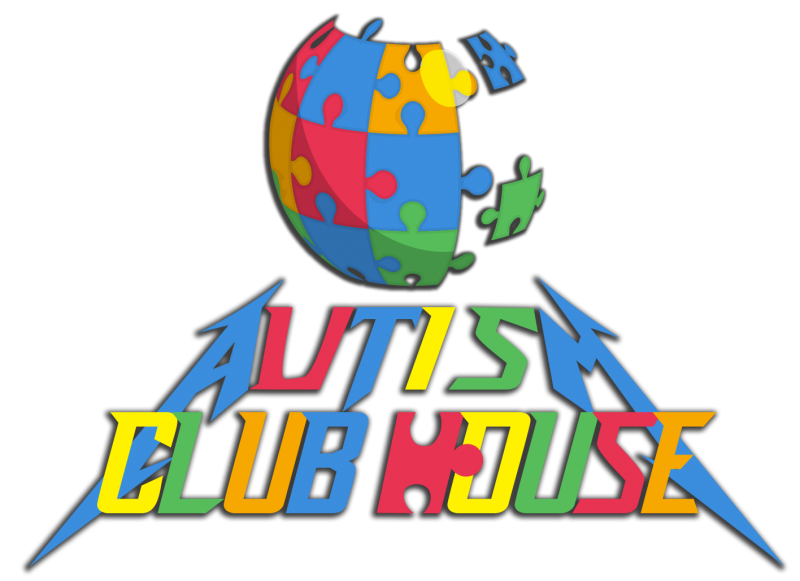Autism symptoms


- Difficulty of communication normally and repeating the same words.
- Lack of social contact with others, and difficulty communicating with the child and teaching him right from wrong.
- Paying attention to specific things – only – and repeating constantly and not being interested in learning anything new.
- Constant and continuous screaming, for and without reason.
- People with autism usually experience a set of symptoms that include abdominal pain, headaches, impaired focus and behavior, ear glue, sleep disturbances and skin problems.
- Repetitive behaviors such as hand flapping, swinging and jumping, turning, arranging and rearranging things, and repeating sounds, words or phrases
- They spend hours arranging the games in a certain way instead of using them to play
Social symptoms:
- During infancy, symptoms such as non response to their names, lack of interest in people and interaction with them, and delay in the first sounds they make before the first words.
- Difficulty playing social games and imitating the behavior of others.
- Difficulty participating in conversations and interacting with people on a daily basis.
- Difficulty interpreting what other people think or feeling, or seeing and understanding things from the perspective of others.
- Difficulty with shared attention and shared enjoyment.
- Impaired eye contact.
- Interest and preoccupation with parts of games and things rather than the integral thing
- Difficulty regulating their emotions.
Impaired communication:
- Delay in speaking and making sounds that precede the first words, in addition to being late in learning to use gestures.
- Delay and difficulty in verbal and non-verbal communication, such as gesturing, pointing, and understanding the facial expressions of others.
- Using speech in inappropriate context.
- Some people repeat what they hear verbatim as an echo .
- There are challenges in the social uses of the language.
- Difficulties understanding body language, tone of voice, and expressions that are not intended to be taken literally.
- Difficulty pointing to things the child needs and the inability to share things with others.




